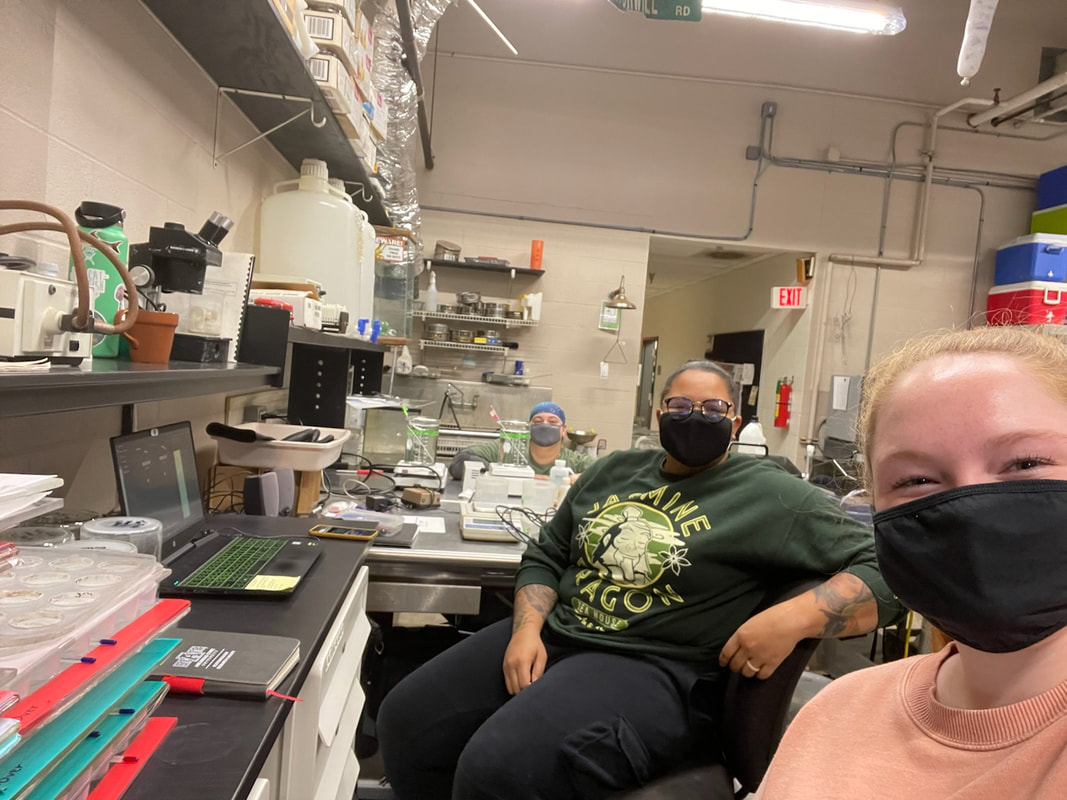The recent International Panel on Climate Change report discusses the impact of climate change on freshwater systems, with global observations of increases water temperature and significant changes in hydrologic regimes that will continue to have a progressively negative effect on aquatic biodiversity. Temperature is a crucial abiotic factor that affects ecotherm metabolic rates, reproduction, and development among other aspects. Critical thermal maximum (CTmax) is a common metric to assess the upper thermal limits of fishes and is quantified as the temperature when a fish loses equilibrium in response to acute linear temperature increases. The Caddo Madtom, a species of greatest conservation need with a G1 conservation status, is one of many headwater species that will be facing climate-induced changes with little knowledge available on its physiological boundaries to acclimate and adapt to such significant changes. The Caddo Madtom and other small-bodied fishes that have specialized habitat niches will have limited opportunity to behaviorally respond to altered thermal regimes by migrating to habitats with suitable thermal windows. The objective of this study, therefore, is to ascertain baseline data on the upper thermal limits of the Caddo Madtom to better understand the thermal tolerance and the thermal adaptability for these populations.



